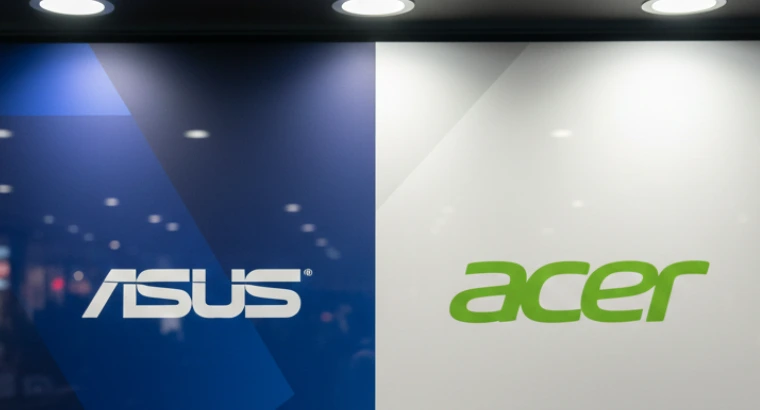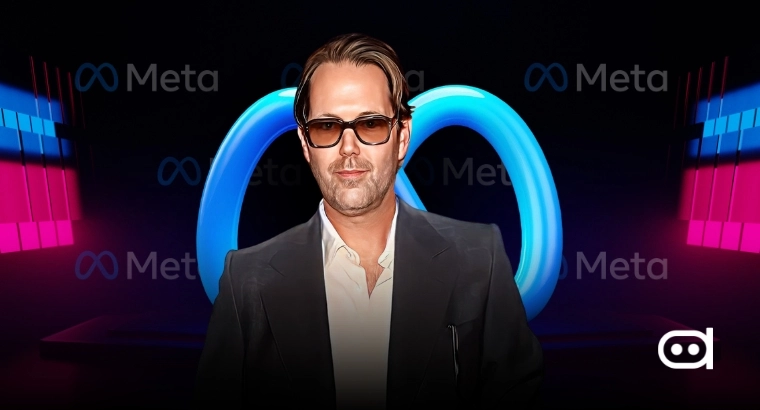
Key Highlights:
- French antitrust regulator, Autorité de la concurrence, has dismissed Qwant’s antitrust complaint.
- The regulator concluded that Qwant failed to prove anti-competitive behavior.
- Qwant plans to appeal again in the court and with other regulators.
France’s antitrust regulator, Autorité de la concurrence, has dismissed an antitrust complaint filed by French search engine, Qwant, against Microsoft. The regulator found that the company didn’t provide sufficient evidence to support its allegations. The watchdog has also declined to grant interim action against Microsoft, which is a major setback in Qwant’s part to challenge Microsoft’s search dominance in the European market.
For those unaware of what Qwant is, let me break it down first. Qwant is a French search engine which was launched back on February 20, 2013. It is an EU-approved search engine focused on privacy and does not track user data, sell personal data, or bias the display of search results. Qwant is currently available in 30 countries.
Qwant’s effort fails, Microsoft welcomes the decision
So, what was the accusation Qwant made against Microsoft? Qwant alleged that Microsoft was imposing exclusivity restrictions through Bing’s syndication agreement. It reportedly limited Qwant’s ability to build its own search engine, expand its advertising network, and scale its AI capabilities. The French search engine company also accused Microsoft of favoring its own services when allocating search advertising while leaving smaller European providers at a competitive disadvantage.
Despite these claims, the regulator concluded that Qwant failed to prove clear abusive conduct or anti-competitive behavior. Microsoft, meanwhile, has welcomed the decision, saying it remains committed to offering high-quality search services and supporting innovation across Europe. That being said, Qwant isn’t backing down as it has shown its intention to appeal the ruling.
Microsoft, meanwhile, has been in hot waters in the EU for its role in search syndication, advertising, cloud infrastructure, and AI. Speaking of recent developments, European cloud providers had accused Microsoft of making Azure more attractive through restrictive licensing terms. In another case, Slack accused Microsoft of unfairly bundling Teams with Office 365, which prompted an investigation. However, that case has been closed as of now since Microsoft has accepted to unbundle Teams in Europe.
Also read: Microsoft AI CEO Mustafa Suleyman Unveils Plan for Humanist Superintelligence (HSI)
U.S. tech giants have been on the EU’s radar for a long time now
In the EEA, the EU has been one of the roadblocks for U.S. tech platforms in Europe. That includes— and here I’m not talking about just the search market — Apple, Google, Microsoft, and more. The scrutiny is so aggressive that the President of the USA recently said, “Digital Taxes, Digital Services Legislation, and Digital Markets Regulations are all designed to harm, or discriminate against, American Technology.”
More recently, the European Commission has also questioned Google over its practices of distorting competition in the so-called adtech market, resulting in $3.45 billion fine. The Digital Markets Act (DMA) has some new obligations on gatekeeper platforms, and industry observers expect more formal inquiries into search-related practices as AI-driven results have started to reshape online discovery.
Speaking of this in the context of the USA, Microsoft is not the primary target of the ongoing search monopoly case. Google, in fact, is in the crosshairs there. But lawmakers and regulators have increasingly acknowledged that Microsoft’s syndication deals give it quite a significant influence over the online advertising and search ecosystem.
With Microsoft now frustrating users with continuous AI push across its product line, it might want to stay cautious on how it pushes things in the EU, given that it’s already dealing with multiple roadblocks in the region.












